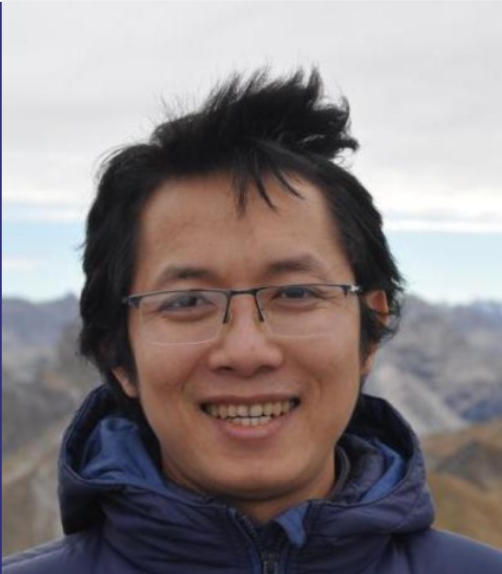
Xê-mi-na khoa học
17/11/2020: TS. Phan Quốc Huy (Queen Mary Univ. London, UK), Machine learning applied to home-based healthcare monitoring
The ongoing demographic change has resulted in a large aging population with increased life expectancy in many countries around the world. Consequently, it raises an urgent need for efficient, accessible, cost-effective, and scalable healthcare solutions that can serve a large number of aging people. There is a great opportunity to explore state-of-the-art computational modelling techniques combined with non-invasive, and wearable sensors, actuators and modern communication technologies aimed at transitioning healthcare solutions to home-based environments. The goal is to develop user-friendly wearable devices, new signal processing techniques, and novel machine learning algorithms targeted at home-based health and medical care monitoring applications. This talk will showcase machine learning algorithms applied to acoustic monitoring for sound event detection and to brain-based sleep monitoring with mobile EEG wearable devices. Outlooks on future research in these directions will be also discussed.
Speaker: TS. Phan Quốc Huy, Queen Mary Univ. London
Time: 15:30, Tuesday, November 17, 2020
Venue: G2-315, 144 Xuan Thuy, Cau Giay, Hanoi

Huy Phan is a Lecturer in AI at the School of Electronic Engineering and Computer Science, Queen Mary University of London since April 2020 after a postdoc position in the University of Oxford and a Lecturer position at the University of Kent. His research focuses on developing machine learning algorithms for temporal signal analysis, particularly audio/speech analysis and biosignal analysis. He is strongly interested in healthcare applications. Following the Computer Science education at the University of Science at Ho Chi Minh City, Vietnam and the Computer Engineering education at Nanyang Tech. Univ., Singapore, Huy Phan received a PhD degree (Dr.-Ing. in German system) with summa cum laude in Computer Science from the University of Lübeck, Germany. His Ph.D. thesis “Audio event detection, classification, and beyond” was awarded the Bernd Fischer award by the University of Lübeck in 2018.
